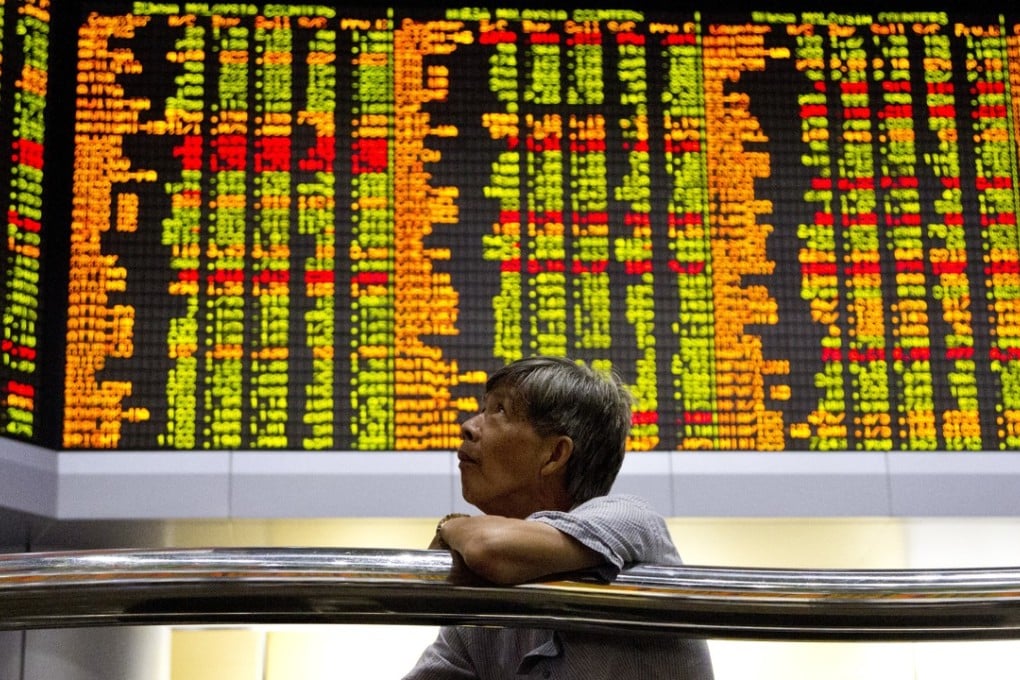Macroscope | As the US-China trade war rages on, investors must not lose sight of central banks and economic fundamentals
Hannah Anderson says news about interest rates and economic growth seems to get lost in the rapidly moving news cycle but when it comes to emerging markets, central banks are the players to watch

Markets are fickle by nature – what captures investor attention one day doesn’t even make the top 10 list of most-important items to watch the next. These short attention spans can make it tough to figure out what precisely is behind any day’s moves. It also makes it difficult to tell how a shift in the fundamentals will affect markets beyond investors’ reactions to the initial news – by the time a change in fundamentals actually alters market conditions, attentions have moved on.
On the other hand, markets have been rightly focused on central banks’ efforts to shore up confidence in local assets for much of the summer. In an environment of rising worries about external vulnerabilities in emerging markets, investors should have expected a good deal of central bank activity.
